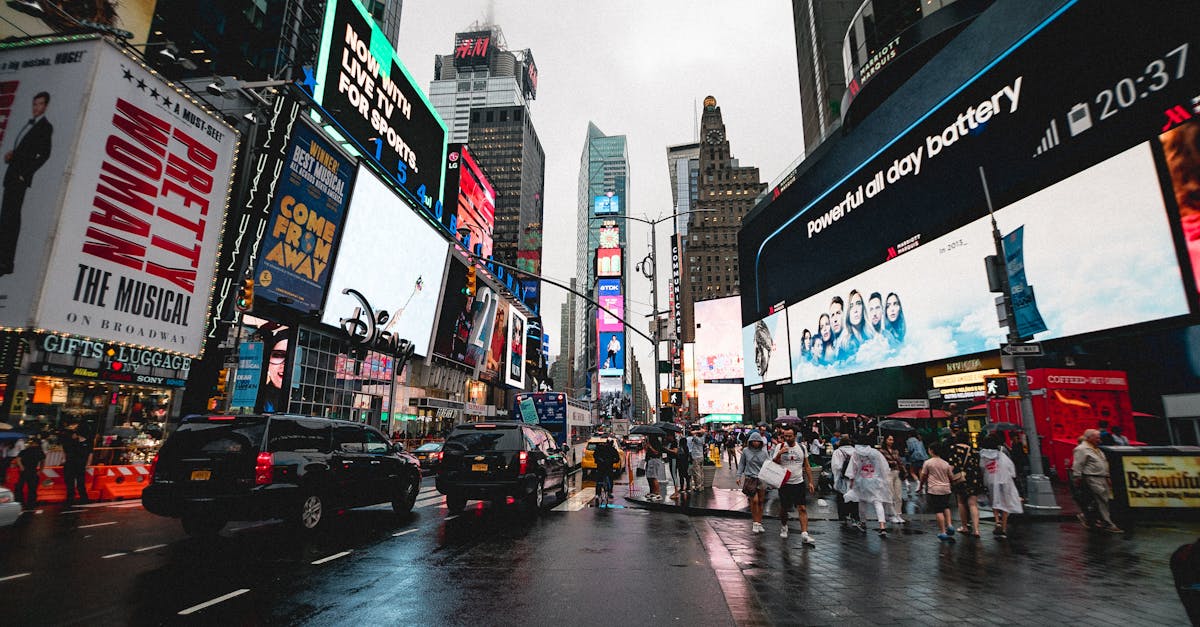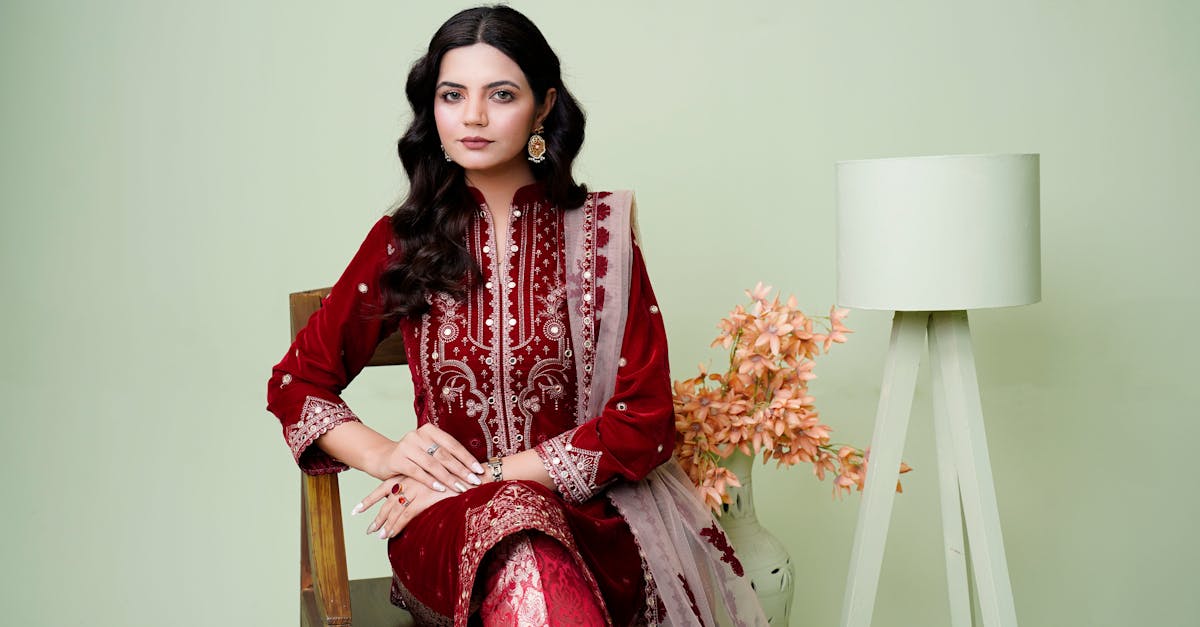Mindful Fashion Revolution Today
Introduction
The mindful fashion revolution signifies a transformative wave in the global fashion industry that emphasizes sustainability, transparency, and ethical practices. This movement counters the detrimental impacts of fast fashion, a model known for its rapid production, low cost, and high environmental footprint. As more consumers become aware of the social and ecological ramifications of their purchasing choices, the demand for change has intensified. In response, fashion brands are increasing their efforts to produce clothing in responsible, conscious ways. The revolution is not just reshaping business models but is also altering consumer attitudes globally. Behind this shift lies a growing understanding that fashion can be both beautiful and ethical.
Advertisement
The Roots of Mindful Fashion
The roots of the mindful fashion revolution can be traced back to ecological and social movements of the late 20th century. Growing concerns over water pollution, textile waste, and unfair labor practices set the stage for change. In the 1960s and 70s, the environmental and human rights movements ignited a consciousness about the hidden costs embedded in consumer products. Fast forward to today, and this awareness has permeated the fashion industry. Pioneering designers and entrepreneurs began to challenge the status quo, exploring innovative material use and ethical production methods. Their work laid the foundation for the revolutionary practices we are witnessing now.
Advertisement
Materials and Innovation
At the heart of the mindful fashion revolution is an exploration of materials and innovation in fabric engineering. Designers are turning to organic fibers, such as cotton and hemp, which require fewer chemicals and less water for cultivation. Innovations like lab-grown leather made from fungi and recycled polyester from plastic bottles are becoming mainstream. Brands are also experimenting with dyeing techniques that minimize water usage and chemical discharge. These advancements are not mere trends but are integral to redefining how clothes are made. Embracing material innovation enables the industry to meet the growing demand for sustainable fashion solutions.
Advertisement
Changing Business Models
The conventional linear fashion business model—produce, use, discard—is giving way to a more circular economy-focused approach. Thriving under the auspices of the mindful fashion revolution, this model promotes the recycling and upcycling of garments. Brands embrace rental and resale models, extending the life cycle of clothing. Initiatives encouraging 'take-back' policies invite consumers to return old clothes for discounts, ensuring re-use and recycling. Companies are investing in technology and platforms that facilitate second-hand markets, making preloved clothing accessible to all. This shift in business strategy represents a significant departure from traditional practices, promoting longevity over disposability.
Advertisement
Enhanced Supply Chain Transparency
One of the most profound impacts of the mindful fashion revolution is the demand for transparency within supply chains. Consumers now expect brands to disclose manufacturing processes, sourcing, and labor conditions. This shift ensures accountability and shines a spotlight on previously hidden practices. Blockchain technology is emerging as a valuable tool in tracing garment origins, allowing precise verification of a product's journey before it reaches consumers’ hands. Enhanced transparency not only builds trust but also fosters more informed consumer choices, empowering individuals to support brands aligned with their values.
Advertisement
Consumer Awareness and Education
Raising consumer awareness is crucial in creating a demand for mindful fashion practices. Campaigns by non-profit organizations and social media influencers play a pivotal role in educating about the true cost of fast fashion. Public figures promote sustainable living, underscoring its benefits through media and online platforms. Interactive workshops, online courses, and documentaries make information accessible, enabling people to make conscious purchasing decisions. As consumers become more educated, they are more likely to demand sustainably produced garments, further propelling the industry towards ethical standards.
Advertisement
Ethical Labor Practices
A core component of the mindful fashion revolution is ensuring fair labor practices. The industry is taking active steps to improve conditions for garment workers, advocating for reasonable wages, safe workplaces, and humane hours. Initiatives, such as the Fair Wear Foundation, monitor and promote ethical labor conditions across global fashion supply chains. Brands committing to transparent communication about labor practices gain consumer trust and set benchmarks for the industry. These efforts seek to protect vulnerable workers while ensuring that fashion remains an agent for positive change rather than exploitation.
Advertisement
Role of Technology and Digital Platforms
Technology and digital platforms play a pivotal role in accelerating the mindful fashion revolution. Platforms enable designers and brands to showcase sustainable fashion collections online, reaching diverse audiences without geographic limitations. Augmented reality and virtual try-ons reduce the need for physical sampling, lessening waste. E-commerce facilitates personalized experiences, allowing consumers to explore sustainable choices more deeply. Moreover, technology aids in data collection and analysis, providing insights that further the development of sustainable innovations. By leveraging these tools, the fashion industry is poised to meet modern consumers' evolving demands.
Advertisement
Challenges and Future Possibilities
Despite progress, the mindful fashion revolution faces challenges, such as overcoming existing infrastructure, industry resistance, and educating broader audiences. Changing consumer habits can be slow, and price barriers might hinder wider accessibility. However, the persistent demand for ethical products and ongoing technological advancements offer hope. Future innovations in sustainable materials and eco-friendly production techniques will continue to evolve. Regulatory support and global agreements could aid in aligning industry standards across markets. As brands and consumers remain committed, the revolution promises lasting impact, steering fashion toward a more responsible future.
Advertisement
Summary and Conclusion
The mindful fashion revolution is a powerful movement paving the way for a more ethical and sustainable industry. Through innovative materials, transparent supply chains, and ethical labor practices, the revolution challenges the traditional norms of fashion production and consumption. While hurdles exist, the combined efforts of brands, consumers, and technological advancements offer a promising outlook. By embracing change, fashion becomes a conduit for positive environmental and societal transformation. As this revolution progresses, it serves as a reminder that the clothes we wear hold the power to reflect our collective values and aspirations.
Advertisement








